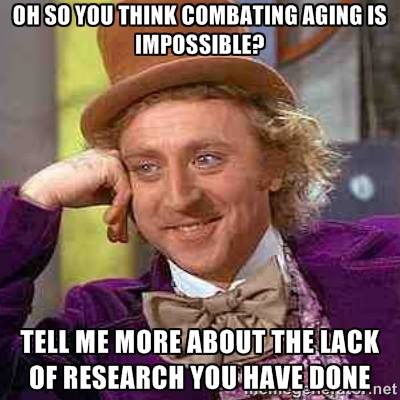On Simons Foundation




U.S. regulators on Friday approved expanded use of a fish oil-based drug for preventing serious heart complications in high-risk patients already taking cholesterol-lowering pills.
Vascepa was approved years ago for people with sky-high triglycerides, a type of fat in blood. The Food and Drug Administration allowed its use in a far bigger group of adults with high, but less extreme, triglyceride levels who have multiple risk factors such as heart disease and diabetes.
In patient testing, it reduced risks of potentially deadly complications including heart attacks and strokes about 25 percent.

People tend to think the brain does all the thinking, but the spinal cord has built-in intelligence, Mushahwar says. A complex chain of motor and sensory networks regulate everything from breathing to bowels, while the brain stem’s contribution is basically “go!” and “faster!” Your spinal cord isn’t just moving muscles, it’s giving you your natural gait.
Being able to control standing and walking would improve bone health, improve bowel and bladder function, and reduce pressure ulcers, the researchers say. For those with less severe spinal injuries, an implant could be therapeutic, removing the need for months of gruelling physical therapy regimes that have limited success, they add.
The team say they are now going to focus on refining the hardware further by miniaturising an implantable stimulator and getting approval from Health Canada and the FDA for human trials. The first generation of the implants will require a patient to control walking and movement through physical means, but longer term, the implants could potentially include a direct connection to the brain, they say.


The octonions themselves will never be “the answer” to how reality works, but they do provide a powerful, generalized mathematical structure that has its own unique properties. It includes real, complex, and quaternion mathematics, but also introduces fundamentally unique mathematical properties that can be applied to physics to make novel — but speculative and hitherto unsupported — predictions.
Octonions can give us and idea of which possibilities might be compelling to look at in terms of extensions to known physics and which ones might be less interesting, but there are no concrete observables predicted by the octonions themselves. Pierre Ramond, my former professor who taught me about octonions and Lie groups in physics, was fond of saying, “octonions are to physics what the Sirens were to Ulysses.” They definitely have an allure, but if you dive in, they may drag you to a hypnotic, inescapable doom.
Their mathematical structure holds an incredible richness, but nobody knows whether that richness means anything for our Universe or not.

The City of New Orleans has suffered a cybersecurity attack serious enough for Mayor LaToya Cantrell to declare a state of emergency.
The attack started at 5 a.m. CST on Friday, December 13, according to the City of New Orleans’ emergency preparedness campaign, NOLA Ready, managed by the Office of Homeland Security and Emergency Preparedness. NOLA Ready tweeted that “suspicious activity was detected on the City’s network,” and as investigations progressed, “activity indicating a cybersecurity incident was detected around 11 am.” As a precautionary measure, the NOLA tweet confirmed, the City’s IT department gave the order for all employees to power down computers and disconnect from Wi-Fi. All City servers were also powered down, and employees told to unplug any of their devices.

One of New Jersey’s largest hospital systems said it was hit this month by a ransomware attack that disrupted care across its clinics and 17 hospitals.
Hackensack Meridian Health said Friday the attack began Dec. 2 and forced it to cancel some surgical and other procedures, though no patients were harmed and its emergency rooms kept seeing patients.
The Times

